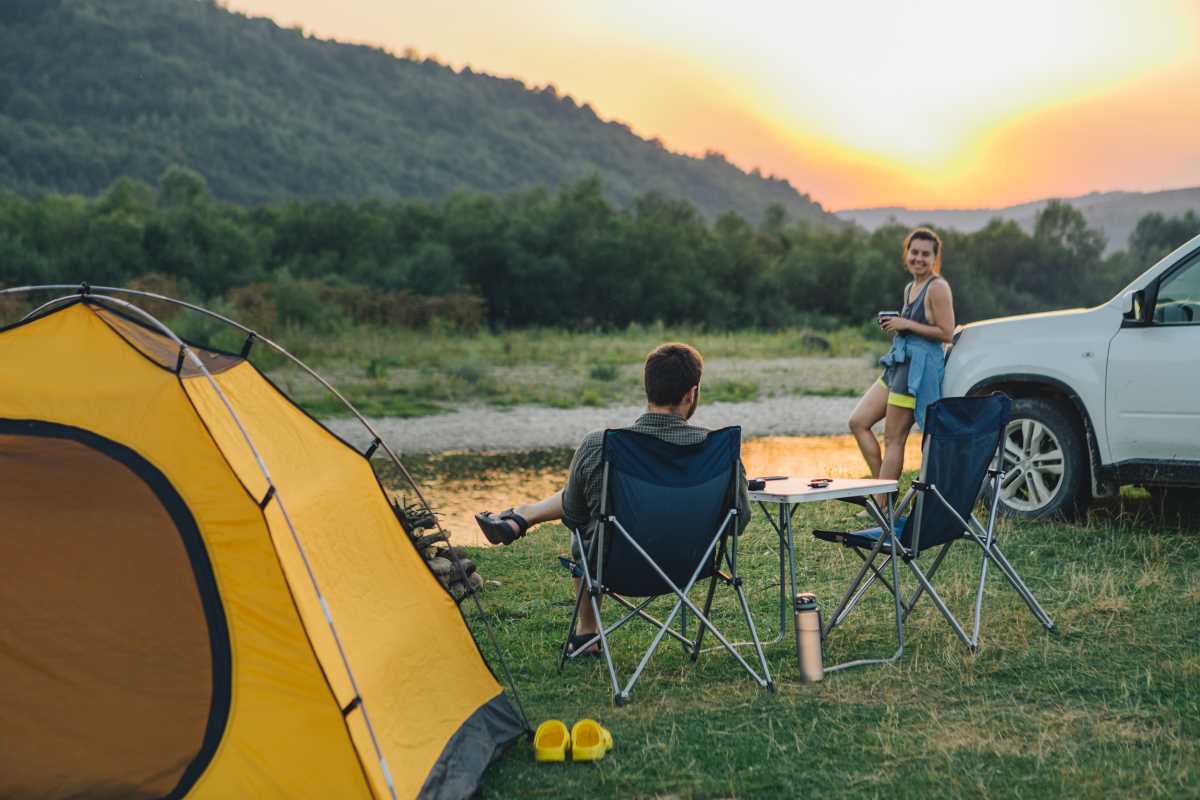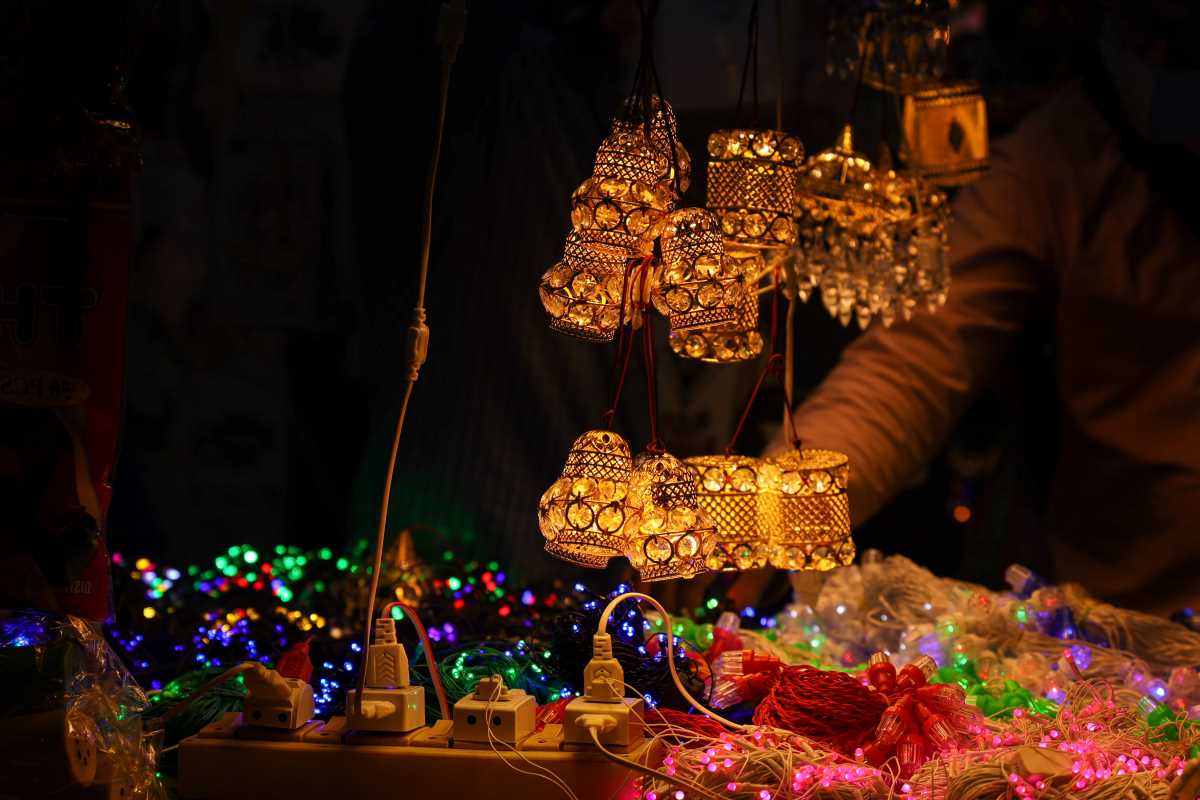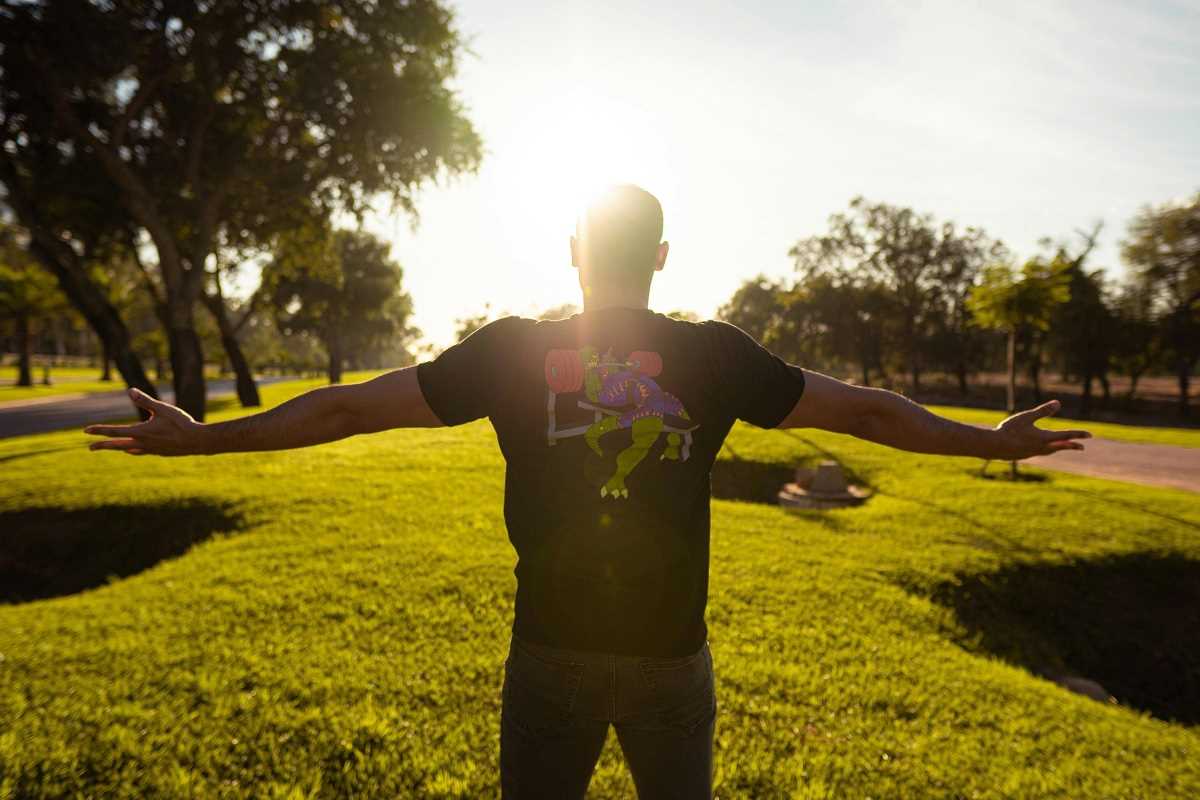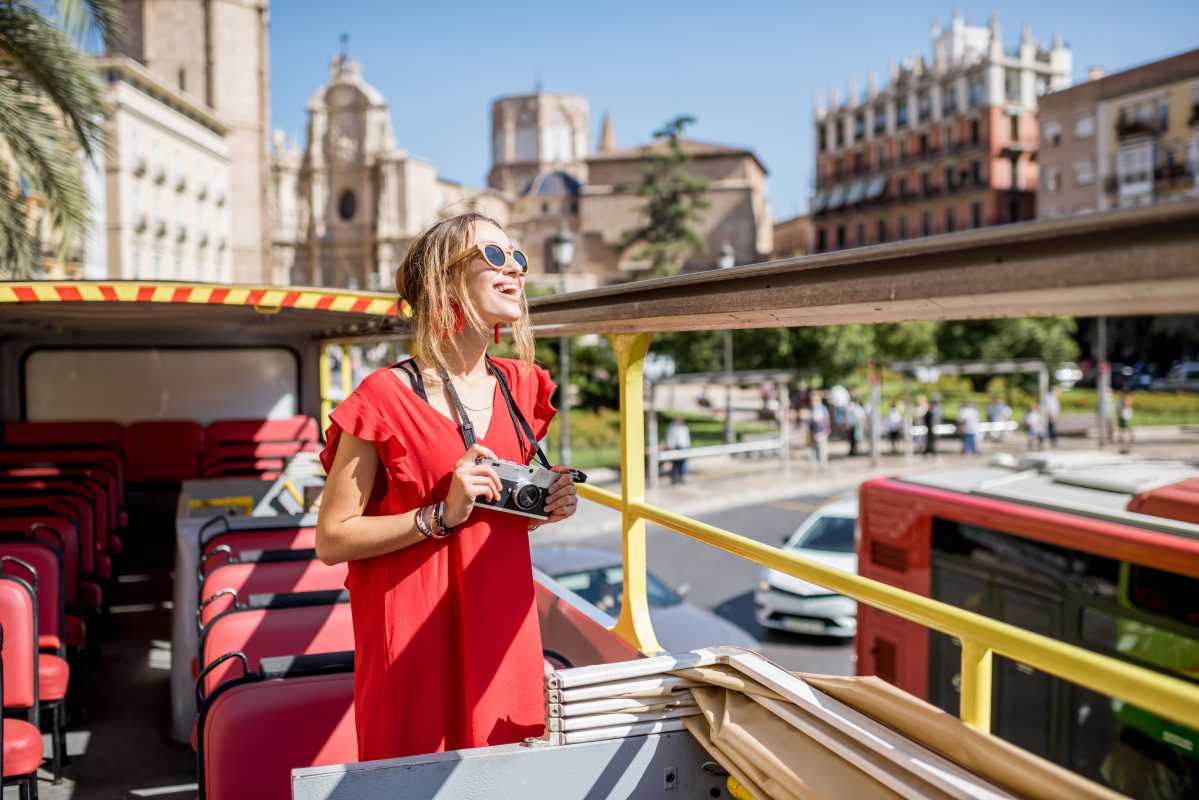Camping is one of the best ways to enjoy the great outdoors, recharge your spirit, and make lasting memories. The good news is that you don’t need to spend a fortune on camping gear to have a rewarding experience. With some savvy planning and budget-friendly strategies, you can gather all the supplies you need without breaking the bank. Whether you’re a first-time camper or a seasoned adventurer looking to save, here are practical tips to help you get ready for your next camping trip while keeping your wallet happy.
1. Buy Secondhand Gear
One of the easiest ways to save money on camping supplies is by buying secondhand items. Many people purchase gear for a single trip and end up selling it when they realize they won’t use it again. You can find high-quality, gently used camping equipment at a fraction of the original price on platforms like Facebook Marketplace, Craigslist, or local outdoor gear shops.
Secondhand stores like Goodwill or your community’s thrift shops also sometimes stock sleeping bags, lanterns, or backpacks. Just make sure to inspect the gear carefully for wear and tear. A slightly used tent or camp stove can serve you perfectly without costing you anywhere near their brand-new prices.
2. Borrow or Rent Equipment
If you’re new to camping, it’s smart to borrow or rent gear before committing to buying your own supplies. This allows you to try different brands and styles to see what works for you without wasting money on items that may go unused.
- Ask friends or family who love camping if they’d be willing to lend you their tent or cooler.
- Alternatively, check out outdoor retailers like REI or local outfitters, which often rent out gear like sleeping bags, tents, and cooking equipment.
- Renting is especially cost-effective if you only camp on occasion, and it ensures you get high-quality gear without a large upfront cost.
3. Shop During Clearance Sales
Timing is everything when it comes to saving money on camping supplies. Most outdoor stores hold end-of-season sales where they slash prices to clear out inventory. This is an ideal opportunity to stock up on essentials like tents, backpacks, or sleeping pads at a discount.
- Plan ahead by shopping for camping gear in late summer or early fall when many stores are wrapping up their summer stock.
- Additionally, keep an eye out for flash sales, online discounts, and deals during major shopping events like Black Friday or Memorial Day weekend.
- Sign up for emails from your favorite outdoor retailers to get early access to sales and may even score exclusive coupon codes.
4. Prioritize Essential Items
It’s easy to get swept up by all the shiny gadgets and equipment found in camping stores, but remember—less is often more. Focus on buying the essential items that will truly make your camping experience comfortable and safe, like a durable tent, sleeping bag, and cooking gear.
Make a checklist of priorities and stick to it. For example, don’t splurge on a high-end camping chair if you know you can sit on a log by the fire. A sturdy pair of hiking boots, on the other hand, might be worth the investment because they’ll protect you on the trail. By focusing your spending on key items, you’ll save money while ensuring you’re well-prepared for your trip.
5. DIY Where You Can
A little creativity can go a long way when it comes to camping gear. You don’t need to spend extra cash on expensive items if you can DIY alternatives or use something you already own.
For example, instead of buying a pricey camping pillow, use an old pillowcase and stuff it with clothing. Need a lantern? Strap a headlamp around a water jug to create a soft, effective light source. Kitchen supplies like pots, pans, and utensils can often be borrowed from your own home rather than buying a special camping set.
These small hacks can save you money while still providing the functionality you need.
6. Use Multi-Purpose Items
Another way to save is by opting for gear that serves multiple functions. Multi-purpose tools and items not only streamline your packing but also reduce the need to buy separate pieces of equipment.
A quality multitool can replace the need for a separate knife, scissors, or bottle opener. Similarly, a sleeping bag liner can add warmth to your sleeping setup while also doubling as a lightweight blanket for lounging by the fire. Look for versatile items that earn their keep by serving multiple roles on your trip.
7. Break It Down with Friends
If you’re camping with a group, split costs to make things more affordable for everyone. Coordinate with your friends or family to divide up the gear so you’re not all buying duplicate items.
For example, one person can bring the tent, another can supply the cooler and cooking equipment, and someone else can handle firewood or snacks. Sharing responsibilities and supplies makes camping trips less expensive without sacrificing the fun.
8. Invest in Durable Gear
While saving money is important, avoid the temptation to buy the cheapest option for essential pieces of gear. A $20 tent might seem like a steal until it leaks in the rain or breaks after one trip. Instead, focus on finding durable, high-quality gear at a reasonable price.
- Investing in reliable gear upfront will save you money in the long run since you won’t need to replace damaged items frequently.
- Look for affordable yet durable brands with good customer reviews to ensure you're getting the best value for your money.
Camping doesn’t need to cost a fortune. With a mix of smart shopping strategies, creative hacks, and thoughtful prioritization, you can gear up for the outdoors without stress. From snagging deals on secondhand equipment to sharing supplies with friends, there are plenty of ways to save money without cutting corners on comfort or safety.
By focusing on buying only what you truly need and exploring ways to borrow, rent, or DIY, you can enjoy the beauty of nature—and the satisfaction of knowing you stayed within budget. Now get out there, pitch your tent, and savor the freedom of the great outdoors!







